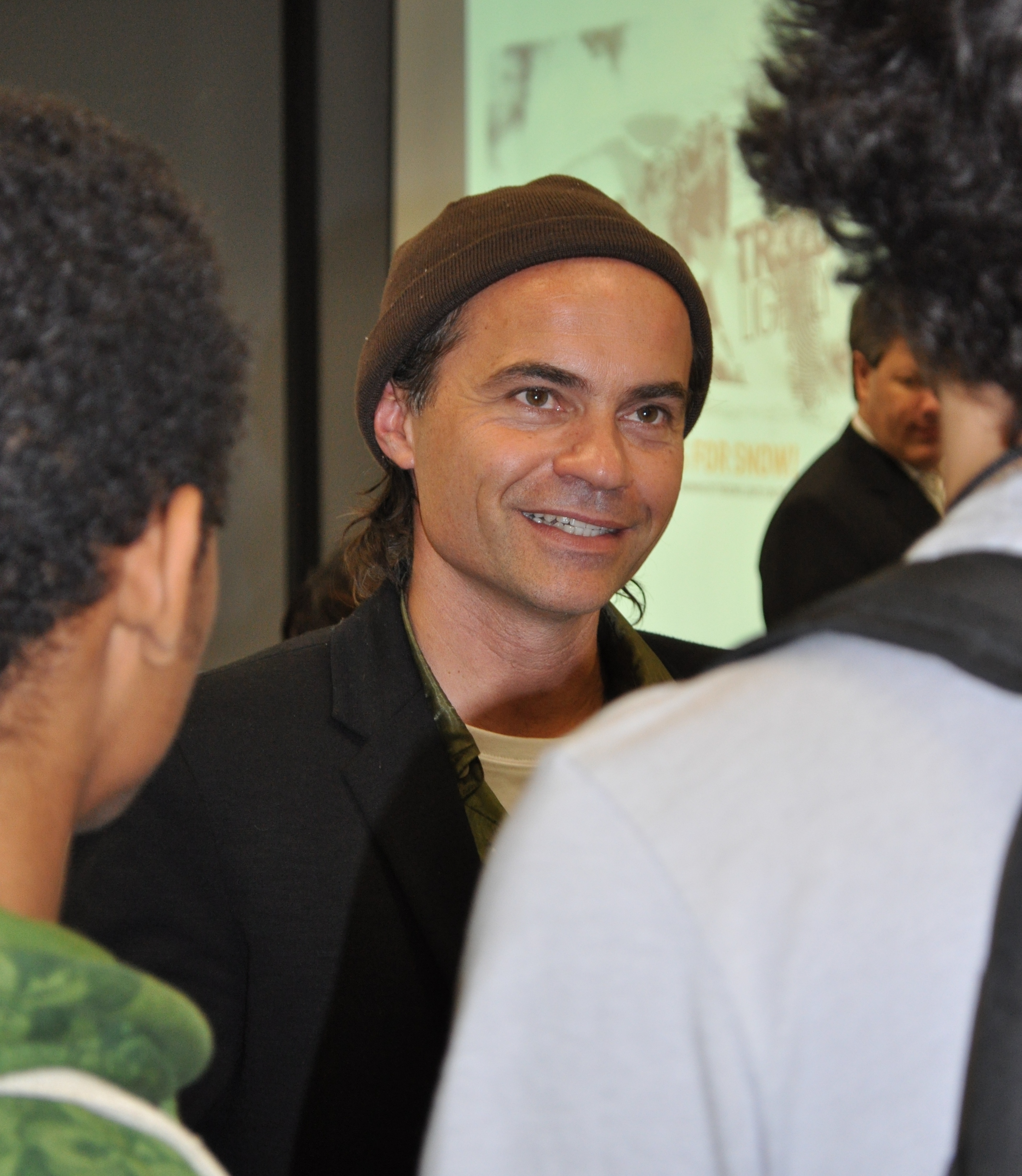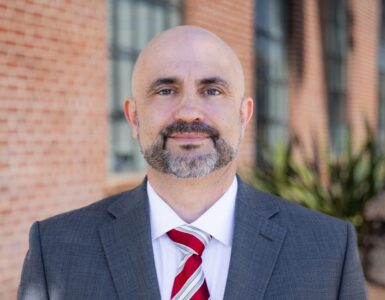
The first day of the “Beyond Copenhagen” International Conference on Climate Change was packed with expert speakers and panels. The views of the visiting scholars (
see the impressive list here
) varied widely; some spoke as if we were already past the tipping point and there was nothing to be done (we’re all doomed!) and others offered some hope that the planet could still pull together and try to solve the problem.
One thing that impressed us about this conference, though, is that Chapman, as usual, tries to provide a balance. Yes, the prevailing view of the experts is that the current climate change is mostly caused by man-made greenhouse gases from fossil fuels, but there were some provocative differing views put forth. Cow flatulence (and the whole ruminant food chain), said Robert Goodland, Ph.D., specialist in tropical ecology, may emit “a whopping 51% of greenhouse gases,” far more than all the cars, buses, trains, ships, and airplanes in the world. He advocates focusing on methane, which he says is 100 times more powerful a greenhouse gas than carbon dioxide, and criticized the UN Copenhagen Conference (COP15) for focusing so single-mindedly on carbon emissions.
“The fact is that even if we stopped all use of fossil fuels today,” Goodland said, “those carbon emissions would remain in the atmosphere for the next century or more. ” Methane, he said, only lingers in the atmosphere for eight to 10 years, and he advocates focusing on reducing those emissions by improving ruminant farming techniques. (Or increasing vegetarianism…)
View his talk and the whole Food & Water Panel.
A showcase of widely diverse views characterized yesterday afternoon’s, “Climate Discussion,” but everyone was civilized and there were, somewhat disappointingly, no fisticuffs. There was some sobering news for environmentalists, especially as provided by Joel Kotkin, journalist, author and Presidential Fellow in Urban Futures at Chapman. “The climate-change bandwagon certainly is in trouble,” he said.
He didn’t dispute the science, but he chided the environmental movement for presenting a message that is relentlessly negative.
“If you basically tell people that people are bad, they probably are not going to like it or like you very much. Plus, there has been a tendency to exaggerate everything, and that hasn’t helped.”
The other panelists tended to agree that the PR battle has swung toward the climate-change skeptics in recent days, and given the current political climate, that swing might be difficult to reverse anytime soon.
Another point of agreement: the economic downturn is hampering efforts to enact environmental initiatives.
“The best research indicates that you are not going to create green jobs without a growing economy,” Kotkin said.




I am so grateful that you managed to organise the communication of these all important facts so clearly and concisely by some of the most respected members in their fields most notably The Work Dr. Goodland and Jeff Anhang are doing.
Please may we use this material on our website? Is there any way to download it and get some Creative Commons license on the material please?
Thank you so much
sincerely
Charles Fraser